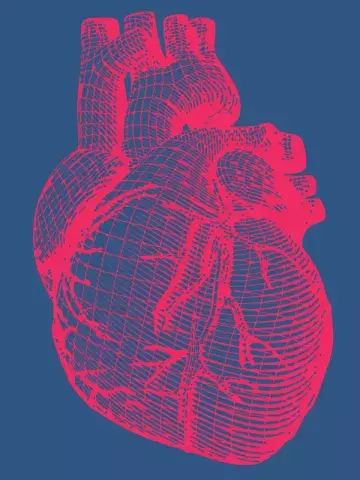Magnitude of cardiac events in patients receiving chemotherapy highlighted
By Melanie Hinze
GPs are the best line of defence against cardiovascular (CV) risk factors that lead to premature death in patients with cancer, an Australian expert has told Medicine Today.
Professor Bogda Koczwara, Medical Oncologist and Senior Staff Specialist at Flinders Centre for Innovation in Cancer, Adelaide, was coauthor of a recent paper on cardiac events among patients receiving cancer chemotherapy.
The authors’ research, published in Cardio-Oncology, was a retrospective analysis of deidentified linked health datasets that aimed to evaluate the following: the proportion of patients offered cancer chemotherapy who had antecedent cardiovascular disease (CVD), the subsequent development of CVD requiring hospital admission after chemotherapy, and the impact on mortality rates in these two groups compared with patients without overt CVD.
The researchers found that of the 17,389 participants, 2159 had antecedent CVD. Over a median follow up of 4.6 years, almost half (8529) were diagnosed with a CVD event requiring hospitalisation, and the hospitalisation was more common in those with antecedent CVD than among those without CVD. Additionally, more than 50% of subsequent CVD cases occurred in the first 12 months of follow up.
Five-year mortality rates were 71.5% for patients with antecedent CVD, 64.7% for those with subsequent CVD and 40.8% for those without overt CVD. The development of subsequent CVD was associated with a substantially increased risk of mortality in the next 12 months. Development of CVD disease was also associated with an increased risk of CV mortality compared with non-CV mortality (7.1% vs 1.6%).
‘The take home message here is that the biggest risk factor for premature mortality due to cardiovascular disease [in patients who have had chemotherapy] is pre-existing cardiovascular disease,’ said Professor Koczwara.
She added that mortality occurred early. ‘It is not something that you could say ... might happen 20 years later so not a priority for now,’ she said.
Professor Koczwara said that GPs were better positioned than oncologists to manage pre-existing cardiovascular disease in people with cancer. ‘They’re actually more skilled in the management of CVD and more aware of risk factors – something that oncologists may not be skilled in,’ she said.
Hence it is really important that patients stay engaged with their GPs. It is a very simple message for patients, she added. ‘If we do not manage your blood pressure well, you could be cancer free but die of early heart disease – and that is not what we want,’ she said.
Cardio-Oncol 2024; 10: 72 https://doi.org/10.1186/ s40959-024-00269-3.


